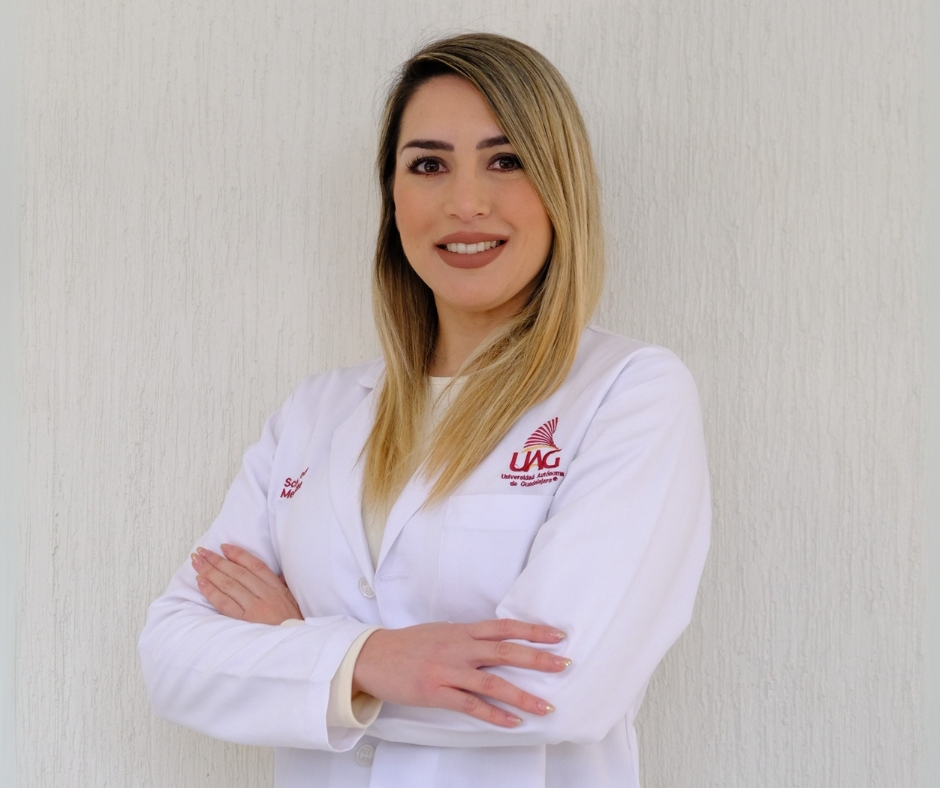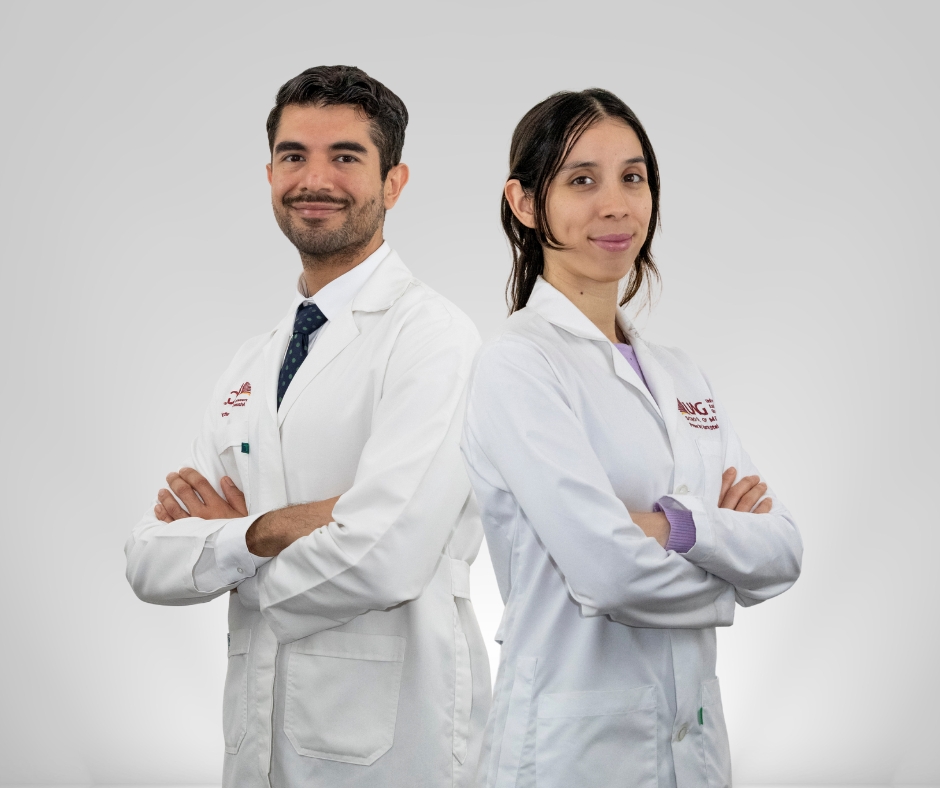


UAG is committed to academic excellence through faculty development and curriculum innovation. By empowering educators and enhancing clinical integration, we ensure students receive a globally aligned, high-quality medical education.

In the ever-evolving landscape of higher education, promoting academic excellence is not just a goal, it’s a responsibility. At the core of this commitment lies a crucial element: faculty development. By investing in our educators, we strengthen the foundation of our academic community and ensure that our students receive the highest quality education.
The Link Between Faculty Development and Academic Excellence
Faculty development is more than training. It’s a strategic initiative aimed at fostering continuous improvement in teaching, research, and academic leadership. When educators are empowered with the right tools, knowledge, and support, they are better equipped to innovate in the classroom, adapt to changing educational demands, and inspire their students to achieve their full potential.
Key Strategies to Foster Excellence
Curricular Changes
The International Program is undergoing key curricular updates designed to enhance the learning experience and align with global medical education standards.
These changes focus on integrating clinical reasoning earlier, reinforcing core sciences through practical application, and increasing interdisciplinary learning. Students will benefit from a more cohesive curriculum that mirrors the complexity of real-world medical practice.
Additionally, assessment methods are being updated to prioritize critical thinking, communication, and professional competencies. The new structure encourages active learning, teamwork, and adaptability—skills essential for future healthcare professionals.
As medical education evolves, so must our approach. These curricular innovations aim to prepare our international students more effectively for both local and global medical challenges.

Faculty Development and Support at UAG SCHOOL OF MEDICINE: Empowering Excellence in Teaching
At Universidad Autónoma de Guadalajara (UAG), school of medicine faculty development and support are cornerstones of academic excellence. The university recognizes that investing in its educators is essential to delivering high-quality, student-centered learning. Through a combination of structured training programs, peer collaboration, and institutional resources, UAG SOM fosters a culture of continuous improvement among its academic staff.
A Culture of Continuous Learning
UAG SOM believes that professional growth is a lifelong journey. Faculty members are encouraged to continuously update their teaching strategies, research skills, and technological competencies. Regular workshops, webinars, and certification programs are offered to help instructors stay current with global educational trends and pedagogical innovations.
Tailored Training for Modern Educators
Faculty development at UAG SOM is not one-size-fits-all. The university offers specialized training aligned with the diverse needs of its educators, including:
Mentoring and Peer Collaboration
UAG SOM promotes a strong sense of academic community through mentoring initiatives and interdisciplinary collaboration. Senior faculty mentor junior colleagues, fostering knowledge exchange and leadership development. Teaching circles and learning communities also provide safe spaces for dialogue, reflection, and innovation.
Feedback and Recognition
Faculty performance is regularly evaluated through student feedback, peer reviews, and self-assessment tools. Constructive feedback loops help educators refine their practices. Exceptional teaching and research contributions are recognized through institutional awards and professional development scholarships.
Looking Ahead
As UAG SOM continues to evolve, so does its commitment to faculty development. The university is actively exploring new methodologies, including micro-credentials, hybrid learning models, and international academic partnerships, to ensure its educators are prepared to meet future challenges.
Conclusion
Faculty development and support at UAG SOM reflect the institution’s deep commitment to academic quality and innovation. By empowering educators through continuous learning and professional growth, UAG SOM strengthens its role as a leading institution in the world.